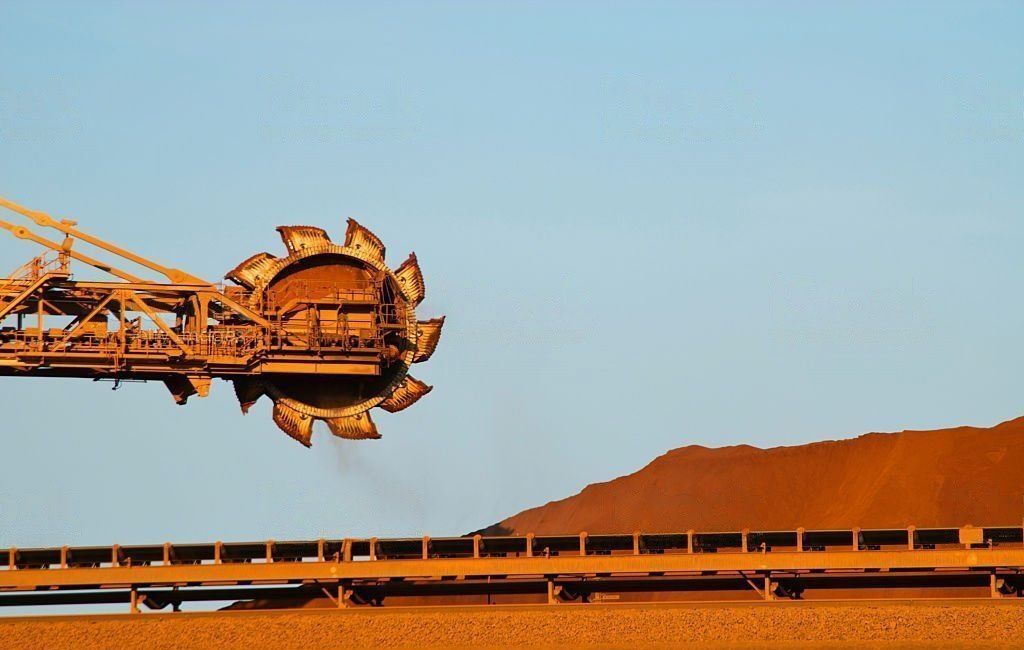
Trading commodities since 1998
BST is one of Hong Kong’s leading independent commodity trading houses. Providing integrated trading and logistics services for worldwide participants in the steel and energy industries.

Iron Ore
Iron (Fe) is one of the most abundant rock-forming elements. It constitutes about 5% of the Earth's crust and is the fourth most abundant element after oxygen, silicon and aluminium. Iron ore (in the form of iron oxide – usually magnetite of hematite) is the primary raw material in the steel making process. BST currently ships more than 8MMT per year predominantly to China across a wide specification range of products, from low grade (46-55% Fe) fines and lumps, medium grade (55-60% Fe) fines and lumps to high grade fines, lumps, concentrates and pellets (60-67% Fe) and has been operational in the supply chain for iron ore for more than 25 years.
Coal
We are predominantly trading thermal coal, 2MMT per year, which is used for electricity generation in coal-powered power plants and heat generation for cement industry. Currently coal accounts for 42% of global electricity fuel, and this is set to rise to 44% by 2030. Metallurgical coal is used to make coke for the iron and steel industry, foundries, and other industries. Coke is used to smelt iron ore in the blast furnace in the steel making process, acting both as a source of heat and as a chemical reducing agent, to produce pig iron, or hot metal. Globally around 70% of steel produced relies on coal.


Steel
Steel is an alloy of iron and other elements, including carbon which we can see used everywhere in our everyday lives including in construction of railways, roads, buildings, domestic products and medical equipment. We are active in the supply chain for semis, flats and long products covering China, Far East Asia, India and Middle East markets.
Hot Briquetted Iron
HBI is DRI mechanically compressed at high temperature (above 650°C) into pillow-shaped briquettes, with minimum density of 5g/cm3. Hot briquetting of DRI closes internal pores of the material, lowers the accessible surface to oxidants, increases the apparent density and improves thermal conductivity, all of which reduce the DRI reactivity. Thanks to these properties, HBI is a stable product for long term storage and ocean shipping, therefore it’s the preferred DRI form for merchant market applications. HBI doesn’t require any particular precaution for handling and can be treated as steel scrap.

